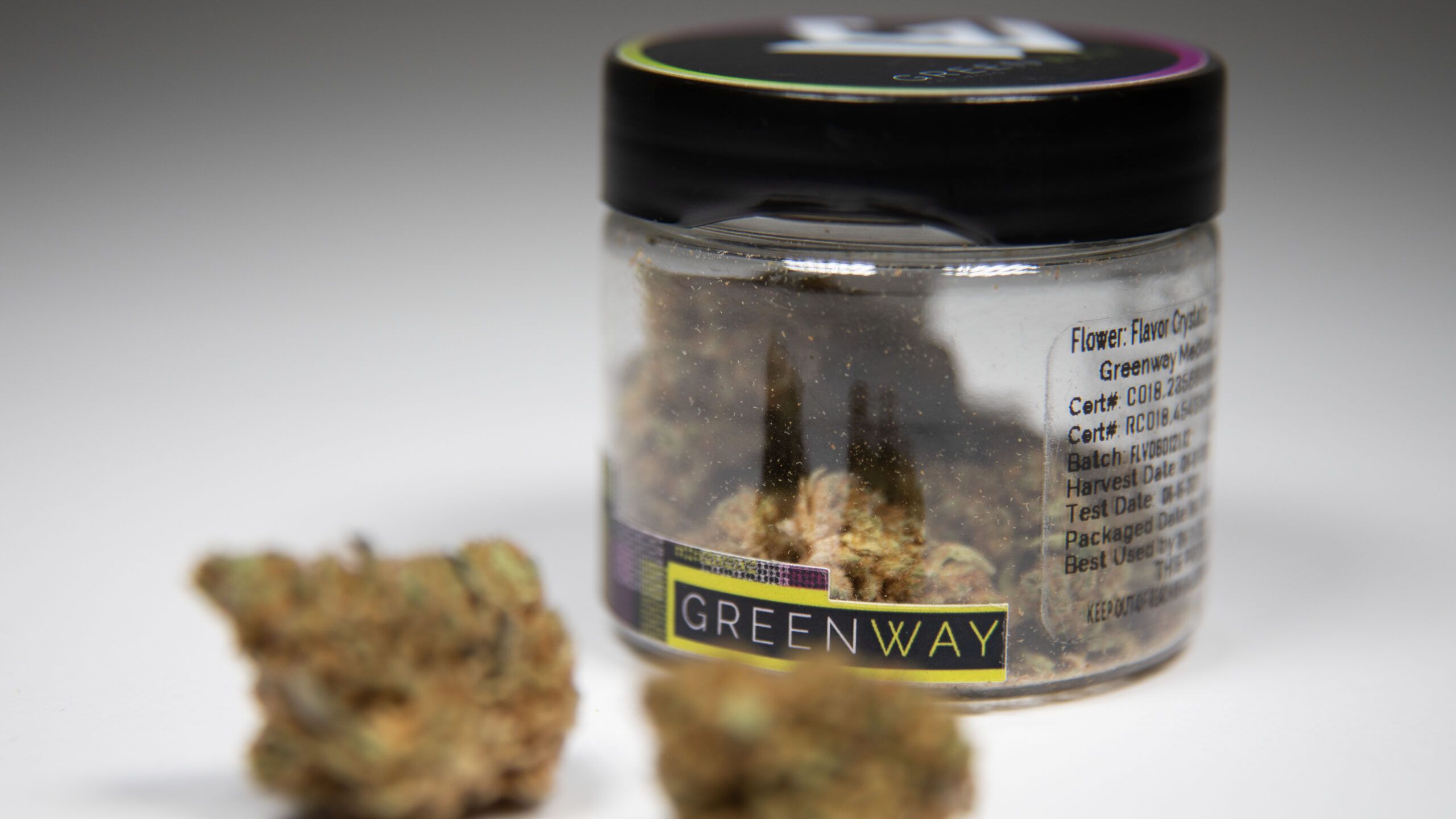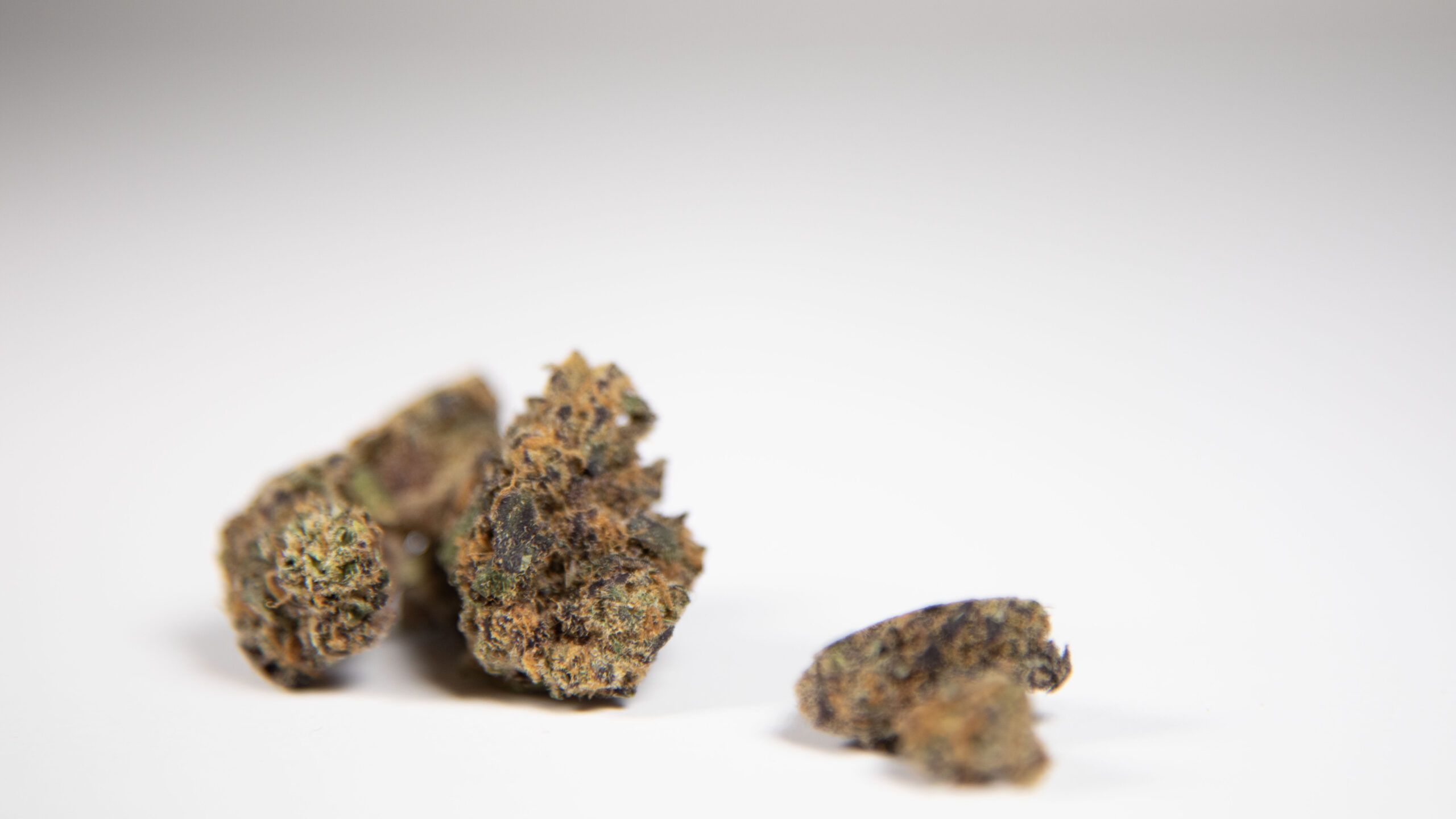In recent years, cannabis has shifted from taboo to treatment, with growing scientific evidence highlighting its therapeutic potential. Once associated primarily with counterculture, cannabis is now studied in major medical institutions, prescribed by physicians, and integrated into patient care plans across the United States and beyond. For patients and consumers alike, understanding the medical benefits of cannabis, and the research behind it, is essential in making informed decisions.
Pain Management and Inflammation
One of the most well-documented medical uses of cannabis is pain relief. Research published in the Journal of the American Medical Association (JAMA) found that cannabinoids, the active compounds in cannabis, are moderately effective in treating chronic pain, particularly neuropathic pain. Patients with arthritis, multiple sclerosis (MS), and injuries causing nerve pain have reported significant relief with cannabis-based treatments.
The plant’s anti-inflammatory properties are largely linked to cannabidiol (CBD), a non-psychoactive compound. Studies suggest CBD interacts with the body’s endocannabinoid system, which plays a role in regulating inflammation and immune response. This makes cannabis an option for those managing autoimmune conditions or chronic inflammatory diseases.
Neurological Disorders
Cannabis has gained attention for its role in treating neurological conditions. In fact, the U.S. Food and Drug Administration (FDA) approved Epidiolex, a CBD-based oral solution, for two rare forms of epilepsy: Lennox-Gastaut syndrome and Dravet syndrome. Clinical trials demonstrated that CBD significantly reduced the frequency of seizures in children who had previously been resistant to other medications.
Additionally, early studies suggest cannabis may benefit patients with Parkinson’s disease, Alzheimer’s disease, and multiple sclerosis. Research published in Frontiers in Neurology showed that cannabis could reduce muscle spasticity and improve sleep quality in MS patients, while ongoing studies are exploring its potential to slow neurodegeneration in Alzheimer’s.
Mental Health and Anxiety
While cannabis has a complicated relationship with mental health and can worsen conditions in some individuals, many patients report relief from anxiety, depression, and post-traumatic stress disorder (PTSD). A study conducted by Washington State University using self-reported data from cannabis users found that small doses of cannabis high in CBD and low in THC reduced symptoms of depression and anxiety in the short term.
For PTSD, research is even more promising. The Multidisciplinary Association for Psychedelic Studies (MAPS) has conducted studies showing that cannabis may help reduce intrusive thoughts, nightmares, and hyperarousal in patients with severe trauma. The Department of Veterans Affairs has also funded research into cannabis for veterans experiencing PTSD.
Cancer and Palliative Care
Cannabis is not a cure for cancer, but it has been widely used to manage cancer-related symptoms and side effects of treatment. The National Cancer Institute (NCI) notes that cannabis and cannabinoids can help alleviate chemotherapy-induced nausea and vomiting, as well as stimulate appetite in patients experiencing weight loss. Some preclinical studies also suggest cannabinoids may slow tumor growth in certain cancers, though this research is still in its early stages and far from conclusive.
For palliative care patients, cannabis can improve quality of life by addressing pain, insomnia, and loss of appetite, often reducing the need for multiple prescription medications.
Looking Ahead
Despite the growing body of research, cannabis remains classified as a Schedule I substance under federal law in the United States, which limits large-scale clinical trials. However, as more states legalize medical cannabis and public opinion shifts, researchers are gaining opportunities to explore its full potential. The hope is that cannabis may become a more mainstream, scientifically validated treatment option for conditions ranging from chronic pain to neurodegenerative disease.
For now, patients should always consult with a qualified healthcare provider before using cannabis as medicine. The right strain, dosage, and delivery method vary by condition and individual, and professional guidance ensures safe and effective use.
About the Author
Maya Greenfield
With over 10 years of experience in the cannabis industry, Maya Greenfield has established herself as a respected voice in cannabis policy, cultivation, and consumer education. Beginning her career as a budtender, she gained firsthand insight into patient and consumer needs before expanding into cultivation and industry operations, working alongside growers to support quality and sustainable practices. Passionate about education and responsible use, Maya has contributed extensively to cannabis publications, providing clear, informative content that helps readers navigate an evolving regulatory and product landscape. Today, she is recognized as a trusted resource and industry expert, dedicated to advancing cannabis knowledge, culture, and informed wellness.




